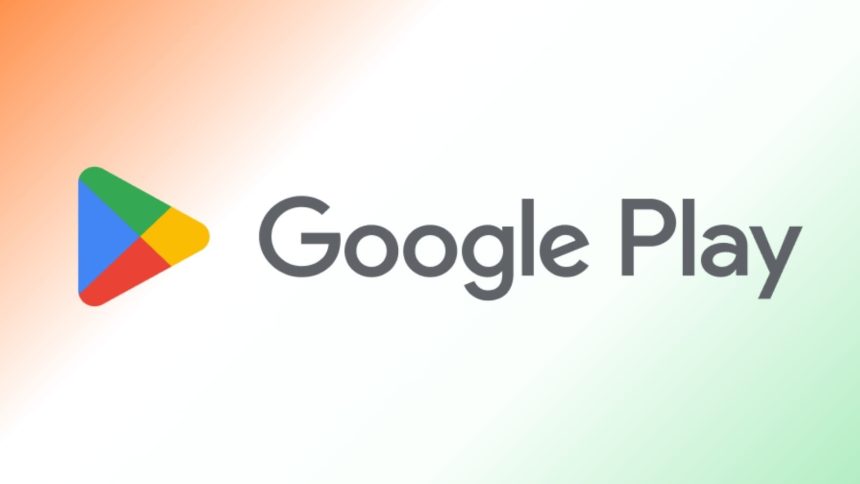Google India delisted over a dozen popular apps, including Shaadi.com, Matrimony.com, and Naukri, from its Play Store. The reason for this action was the companies’ non-compliance with Google’s billing policies.
These apps, according to Google, were offering their own payment gateways instead of using Google Play’s billing system, thereby avoiding the platform’s service fee of 15-30% on in-app purchases and subscriptions. Google claims that this practice has been ongoing for three years and violates their established guidelines, which are followed by over 200,000 Indian developers.
Background and Controversy:
Google’s Play Store policy regarding mandatory use of its billing system in India has been a point of contention for some time. In 2020, Google clarified its payment policy, and in October 2022, the Competition Commission of India (CCI) fined Google for anti-competitive practices related to Play Store policies.
To address concerns, Google offered Indian developers three billing options:
Integrating Google Play’s billing system: This would require developers to use Google’s payment gateway and pay the associated service fee.
Providing an alternative billing system alongside Google Play’s: This allowed developers to offer their own payment gateway alongside Google’s, but it’s unclear if any chose this option.
Operating on a consumption-only basis without a service fee: This option, meant for apps offering only free content or subscriptions outside of the app, wouldn’t involve any in-app purchases or Google’s billing system.
Temporary Reinstatement and Ongoing Dispute:
Facing criticism from the Indian government and startups, Google announced the temporary reinstatement of the delisted apps while their appeals in the Supreme Court are pending. This move allows users to access these apps again, but Google maintains its right to enforce its business model and will still charge service fees during this interim period.
The Indian government has stepped in, planning a meeting with Google and affected companies to find a solution. The Supreme Court is also scheduled to hear the case on March 19, 2024.
This situation highlights the ongoing debate about app store policies and the tension between platform fees and developer autonomy. It remains to be seen how Google, the Indian government, and developers will resolve this complex issue.






